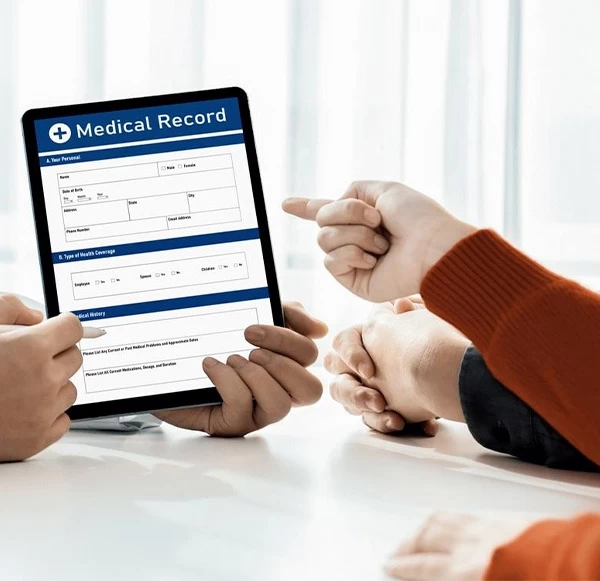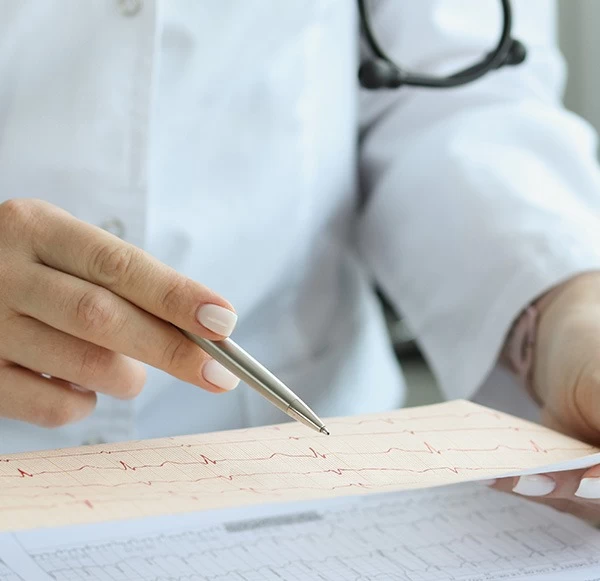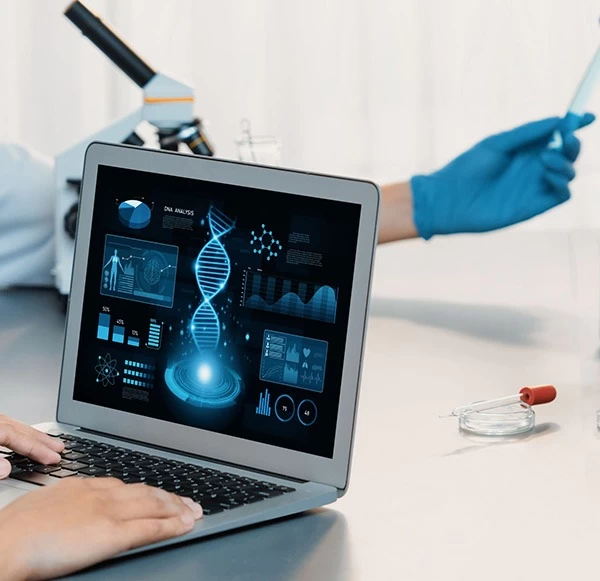- Email Us

How well do you really know your heart? It’s easy to assume everything’s fine when you feel healthy — yet heart disease remains one of the biggest global health threats. In India alone, cardiovascular diseases cause nearly two-thirds of premature deaths. The surprising part is that many of these conditions develop silently, without any warning signs. Today, medical science is changing that story with biomarkers. These are tiny molecules in your blood that reveal what’s happening inside your heart long before symptoms appear. So, read on to know which biomarkers are tested when you visit for heart-related checkups at the best lab for blood tests.
Biomarkers are substances in your body, like proteins, enzymes, or hormones, that reflect your health status. Doctors can check them through simple blood tests to detect early changes linked to heart disease. For example, when your heart muscle is under stress or damage, certain proteins leak into your bloodstream. These proteins act like red flags that cardiologists take as a sign for immediate action to prevent major complications. Therefore, biomarkers are becoming a central part of modern preventive heart care.
Any heart disease doesn’t happen overnight. It is a slow process that begins years before a heart attack or stroke. Biomarkers help doctors identify problems during this hidden phase. Let’s look at how:
Troponin levels rise when the heart muscle is even slightly injured. High-sensitivity troponin tests can now detect tiny changes long before a major cardiac event. This helps you and your doctor take preventive steps like medication, diet changes, or lifestyle adjustments.
B-type natriuretic peptide and N-terminal pro B-type natriuretic peptide biomarkers are released when your heart struggles to pump blood efficiently. They are strong indicators of heart failure risk. They even help in diagnosing the condition early, even before you feel shortness of breath or fatigue.
Inflammation in your arteries indicates heart-related problems. hs-CRP measures the level of inflammation in your body. Higher values mean your arteries may be under stress. It increases your risk for plaque buildup.
Lp(a) is a genetically inherited cholesterol particle that can clog arteries faster than regular LDL cholesterol. This marker doesn’t change much with diet or exercise. But with the accurate Lp(a) level, your doctors choose more aggressive prevention strategies. It’s particularly valuable if you have a family history of premature heart attacks.
Researchers are now using microRNAs and advanced proteomic and metabolomic tests to predict heart disease with even greater accuracy. When analysed with AI-driven analysis, these tests can scan thousands of data points in your blood to predict who’s at risk with remarkable accuracy.
Most biomarker tests are simple blood tests. You don’t need an elaborate procedure. You visit the nearest pathology lab for a blood test, the technician takes the sample, and the blood is sent to a certified lab for analysis.
A common full body check up tests list for heart health may include:
Lipid profile (to check cholesterol and triglycerides)
High-sensitivity CRP (inflammation marker)
Blood sugar and HbA1c (for diabetes risk)
Liver and kidney function tests
Cardiac troponin test
Vitamin D3, B12, and calcium levels
If you’re over 30 or have a family history of heart disease, your doctor may also suggest advanced biomarkers such as Lp(a) or Apolipoprotein A1 & B for deeper insight.
You can get most of these done at your nearest pathology lab or diagnostic centre that offers comprehensive preventive health packages.
The future looks promising. Scientists are working to create multi-biomarker panels that combine several blood indicators to give a single risk score. Machine learning tools are also used extensively to predict whom might develop heart disease within the next 5-10 years.
What this means for you is simple: earlier warnings, better prevention, and more control over your heart health. Instead of reacting to disease, you can now act ahead of it.
Every heartbeat counts, and understanding your biomarkers is one of the smartest steps you can take. Regular testing at the best lab for blood test helps you catch warning signs early, manage risk factors, and protect your future health.
If you have been delaying your heart checkup, now is the time to act. Visit Mahajan Imaging & Labs, and explore our comprehensive biomarker testing with a full body check up tests list. Our team ensures precise, timely results and personalised support to help you stay ahead of heart disease!
Also Read: Why Choosing the Right Pathology Lab Matters for Your Health




